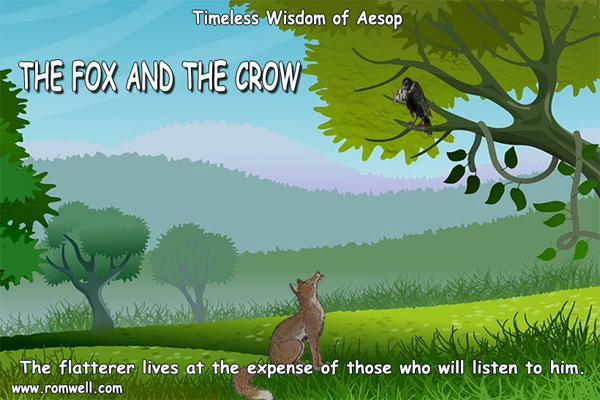Books
The Brontë Sisters
SELECTIONS FROM THE LITERARY REMAINS OF ELLIS BELL
BY CURRER BELL
It would not have been difficult to compile a volume out of the papers left by my sisters, had I, in making the selection, dismissed from my consideration the scruples and the wishes of those whose written thoughts these papers held. But this was impossible: an influence, stronger than could be exercised by any motive of expediency, necessarily regulated the selection. I have, then, culled from the mass only a little poem here and there. The whole makes but a tiny nosegay, and the colour and perfume of the flowers are not such as fit them for festal uses.
It has been already said that my sisters wrote much in childhood and girlhood. Usually, it seems a sort of injustice to expose in print the crude thoughts of the unripe mind, the rude efforts of the unpractised hand; yet I venture to give three little poems of my sister Emily's, written in her sixteenth year, because they illustrate a point in her character.
At that period she was sent to school. Her previous life, with the exception of a single half-year, had been passed in the absolute retirement of a village parsonage, amongst the hills bordering Yorkshire and Lancashire. The scenery of these hills is not grand--it is not romantic it is scarcely striking. Long low moors, dark with heath, shut in little valleys, where a stream waters, here and there, a fringe of stunted copse. Mills and scattered cottages chase romance from these valleys; it is only higher up, deep in amongst the ridges of the moors, that Imagination can find rest for the sole of her foot: and even if she finds it there, she must be a solitude-loving raven--no gentle dove. If she demand beauty to inspire her, she must bring it inborn: these moors are too stern to yield any product so delicate. The eye of the gazer must ITSELF brim with a "purple light," intense enough to perpetuate the brief flower-flush of August on the heather, or the rare sunset-smile of June; out of his heart must well the freshness, that in latter spring and early summer brightens the bracken, nurtures the moss, and cherishes the starry flowers that spangle for a few weeks the pasture of the moor-sheep. Unless that light and freshness are innate and self-sustained, the drear prospect of a Yorkshire moor will be found as barren of poetic as of agricultural interest: where the love of wild nature is strong, the locality will perhaps be clung to with the more passionate constancy, because from the hill-lover's self comes half its charm.
My sister Emily loved the moors. Flowers brighter than the rose bloomed in the blackest of the heath for her; out of a sullen hollow in a livid hill-side her mind could make an Eden. She found in the bleak solitude many and dear delights; and not the least and best loved was--liberty.
Liberty was the breath of Emily's nostrils; without it, she perished. The change from her own home to a school, and from her own very noiseless, very secluded, but unrestricted and inartificial mode of life, to one of disciplined routine (though under the kindliest auspices), was what she failed in enduring. Her nature proved here too strong for her fortitude. Every morning when she woke, the vision of home and the moors rushed on her, and darkened and saddened the day that lay before her. Nobody knew what ailed her but me--I knew only too well. In this struggle her health was quickly broken: her white face, attenuated form, and failing strength, threatened rapid decline. I felt in my heart she would die, if she did not go home, and with this conviction obtained her recall. She had only been three months at school; and it was some years before the experiment of sending her from home was again ventured on. After the age of twenty, having meantime studied alone with diligence and perseverance, she went with me to an establishment on the Continent: the same suffering and conflict ensued, heightened by the strong recoil of her upright, heretic and English spirit from the gentle Jesuitry of the foreign and Romish system. Once more she seemed sinking, but this time she rallied through the mere force of resolution: with inward remorse and shame she looked back on her former failure, and resolved to conquer in this second ordeal. She did conquer: but the victory cost her dear. She was never happy till she carried her hard-won knowledge back to the remote English village, the old parsonage-house, and desolate Yorkshire hills. A very few years more, and she looked her last on those hills, and breathed her last in that house, and under the aisle of that obscure village church found her last lowly resting-place. Merciful was the decree that spared her when she was a stranger in a strange land, and guarded her dying bed with kindred love and congenial constancy.
The following pieces were composed at twilight, in the school- room, when the leisure of the evening play-hour brought back in full tide the thoughts of home.

Related Links:
 Biographical Notice of Ellis and Acton Bell
Biographical Notice of Ellis and Acton Bell










